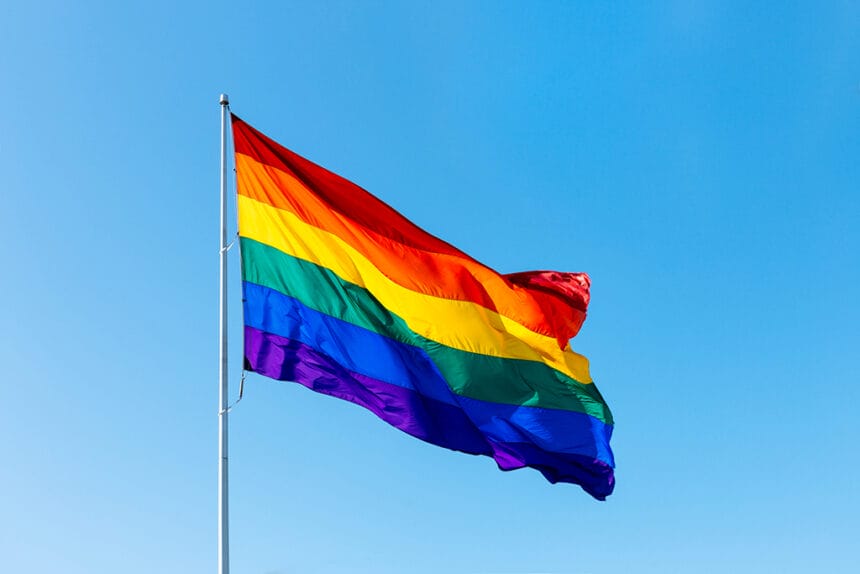LGBTQIA+ Americans are more likely to turn to their own trusted circles for health information as opposed to relying on healthcare professionals (HCP), according to a survey published by M Booth Health this week.
As debates around gender-affirming healthcare and gender-inclusive sex education in schools continue to play out across the country, people who identify as part of the LGBTQIA+ community are seeking support from their own curated circles of trust when it comes to health decisions.
M Booth Health dubs these trusted communities “chosen circles,” and sought to examine how they impact LGBTQ+ Americans’ health. The report is a follow up to the agency’s prior analysis of the chosen circles Black Americans rely on to inform their care decisions.
According to the survey, 63% of LGBTQIA+ people say they’ve developed their own personal networks of trusted people, experts and resources that they go to when they need to make decisions about their healthcare.
These chosen circles hold a lot of sway over patients, with 23% of respondents indicating they’ve gone against recommendations from general HCPs to instead listen to a close friend or family member.
In addition, LGBTQIA+ patients want guidance from experts or resources who they have something in common with. More than one-third of respondents said they prefer health opinions from people who share a similar identity to them, whether that’s race, gender or sexual orientation.
TikTok and other social media influencers also have an effect on LGBTQ+ Americans, with 36% of respondents saying influencers are important resources for health information.
That’s even more than the 28% of respondents who said they turn to mental health counselors or therapists for emotional support on health issues. Meanwhile, 46% of people tend to turn to family for health opinions and 35% turn to friends.
That leaves traditional HCPs – as well as the pharma industry — outside of those trusted circles. Forty four percent of LGBTQIA+ Americans said they don’t include HCPs as a top source of health information, compared to just 32% of non-LGBTQIA+ Americans.
Much of that is due to distrust in the pharma industry, as well as the government and hospitals, the survey found. Almost two-thirds of respondents said they don’t believe pharma companies have their best interests in mind, while 55% said the same for governmental health agencies and 48% for hospitals.
LGBTQ+ respondents said they tend to ignore health information from these traditional sources because it’s often not inclusive.
This distrust and avoidance of traditional healthcare sources results in people avoiding care when they’re sick, with one in four respondents saying they got sick in the last year or two because they didn’t have access to the information they needed.
Healthcare marketers having a “blind spot” when it comes to marketing to LGBTQ+ communities is hardly a new phenomenon.
A CMI Media Group report released in February found that LGBTQIA+ people are hoping for more inclusive and personalized information from healthcare brands on a more consistent basis – rather than just during Pride Month.
Tayla Mahmud, health equity and multicultural strategy lead at M Booth Health, urged marketers in a blog post to take heed of the latest survey findings and develop improved ways of reaching the LGBTQ+ community.
“The findings in this report are crucial for government health agencies, pharmaceutical companies and other organizations looking to engage LGBTQ+ communities with accurate — and even life-saving — health information,” Mahmud wrote. “I encourage you to not just read Chosen Circles, but to put its recommendations into action.”







